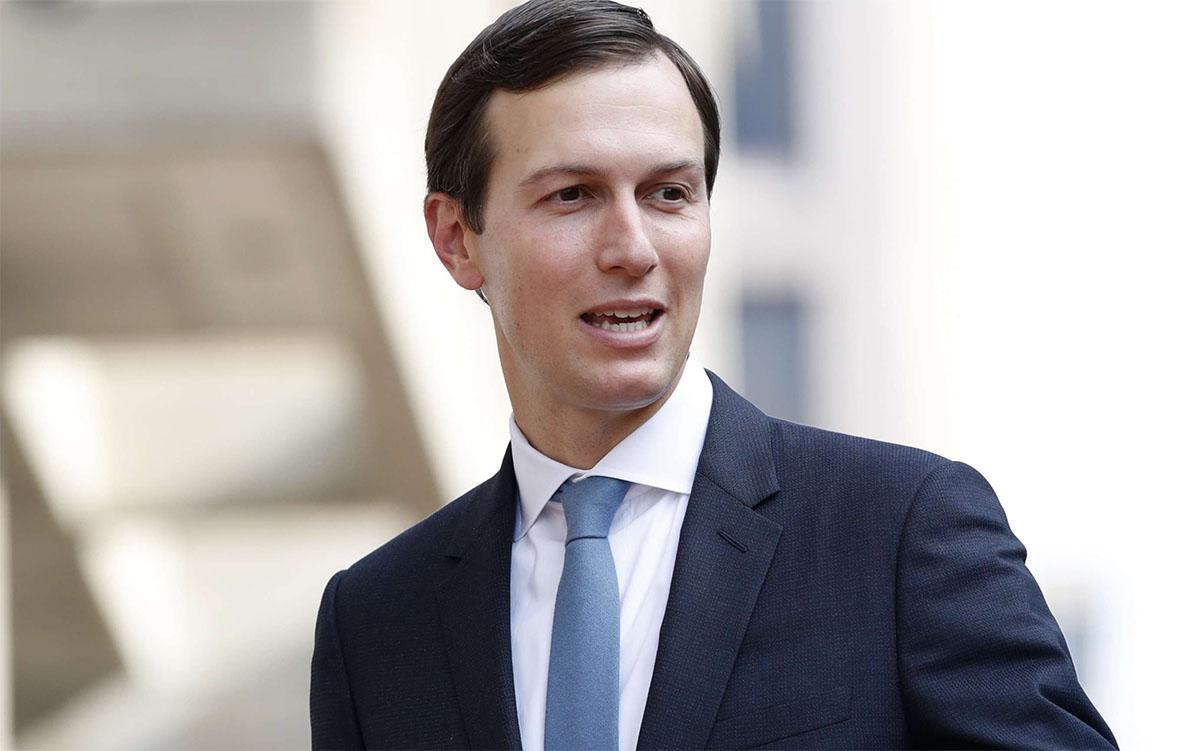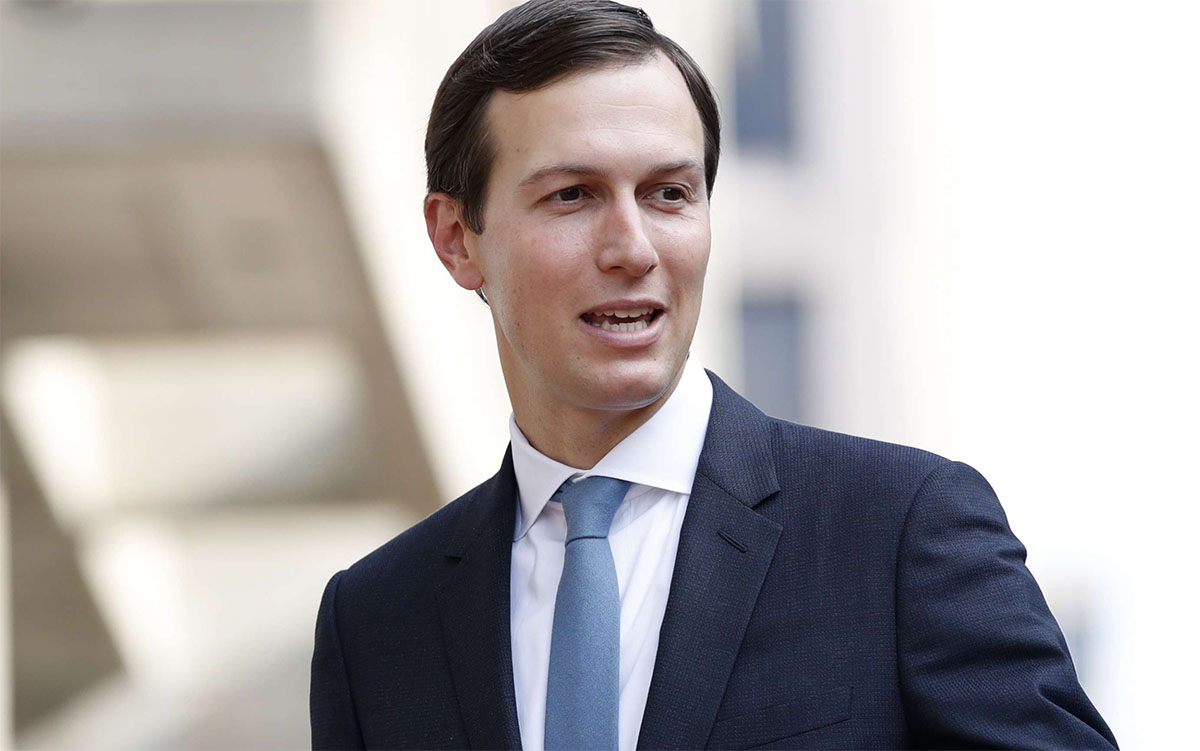What the Trump-Kushner peace plan might actually mean
There is still no date for the Trump administration’s long-trailed Palestinian-Israeli peace plan but we know it won’t be until after Israel’s April 9 elections. That’s what Jared Kushner, US President Donald Trump’s son-in-law and senior adviser, recently said.
As we inch closer to its unveiling, what might the plan actually mean?
First, an American administration is once again actively trying to make “peace” in the Middle East, a worthy initiative, albeit with a demonstrated preference for one party. Obviously, this peace plan cannot be seen as impartial or fair. It would need to heavily incentivise Palestinian participation to overcome shamelessly privileging Israel. So far, there is little sign that will be on offer, in which case the plan won’t be about making peace so much as a call for Palestinian surrender.
Second, Kushner told Sky News Arabia in Abu Dhabi that the peace plan is based on freedom, respect, security and opportunity. The focus, he explained, is on economic opportunity. It’s about “what’s holding back the Palestinian people from achieving their full potential and what’s holding back the Israeli people from being able to properly integrate with the whole region.”
It is in Kushner’s declared solution to final-status issues — “the goal of resolving these borders is really to eliminate the borders” — that the still-shrouded peace plan may stand revealed. Did Kushner really mean what the world heard him say? That there is to be no Palestinian state with defined borders?
The US Consulate in Jerusalem has been folded into the American Embassy in the city, effectively downgrading US representation to the Palestinians. Not only are they a displaced people, they are now to be disappeared.
Do those pushing this supposed peace plan believe the Palestinians will simply drop their demands for justice in return for a grand, if hazy, scheme for “tremendous growth” in the West Bank and Gaza?
As Russian Foreign Minister Sergei Lavrov said March 4 in Riyadh: “The so-called ‘Deal of the Century’ (will reportedly) run counter to the international” parameters for an Israeli-Palestinian agreement and would not be accepted by the Palestinians.
Third, the Trump administration wants Gulf Arab countries to foot most of, if not the entire, bill for the infrastructure investments proposed by the plan. That bill will reportedly run to tens of billions of dollars. Signing everybody up was part of Kushner’s six-country tour of the Middle East in late February.
Trump’s America must face facts. This US administration has slashed foreign assistance across the board and especially to the Palestinians. In asking allies to stump up, the United States must recognise it, too, will need to make a substantial contribution. This means the Trump administration will have to provide some form of direct foreign assistance to the Palestinians.
There’s the nub. To do this, the White House will have to work with the US Congress to either amend the recently passed Taylor Force Act and the Anti-Terrorism Clarification Act (ATCA) or find a new way of providing direct financial help to the Palestinian Authority.
The Taylor Force Act, which was passed in March 2018, is named after a 29-year-old American military veteran who was fatally stabbed by a Palestinian while visiting Israel in 2016. It sets as a condition for US aid that the Palestinian Authority cease paying families of Palestinians killed or jailed by Israel.
ATCA, which is bipartisan legislation passed by Congress in October, makes any government in receipt of American funding subject to US counterterrorism laws. Potentially, it would leave the Palestinian Authority saddled with lawsuits from families of American victims of past Palestinian attacks. Unsurprisingly, the Palestinians have refused to acquiesce to conditions set by either US law, deeming them too costly.
That the drying up of American assistance is causing pain and disruption is a given. An American official in Israel expressed deep concern about the consequences of ATCA when it went into effect February 1. “Basically, we are stripping millions of dollars of aid from Palestine… Hundreds, if not thousands of jobs will be lost,” he said.
That was then. By now, nearly five weeks on, those jobs are presumably lost and much else besides. This is no way to prepare the ground for peace to flower.
Clearly, Congress will need to amend those laws or establish a new legal mechanism through which the United States can assist the Palestinian Authority but it wouldn’t be enough to buy peace. Only a just solution can do that.
Rashmee Roshan Lall is a regular columnist for The Arab Weekly. She blogs at www.rashmee.com and is on Twitter @rashmeerl
Copyright ©2019 The Arab Weekly







